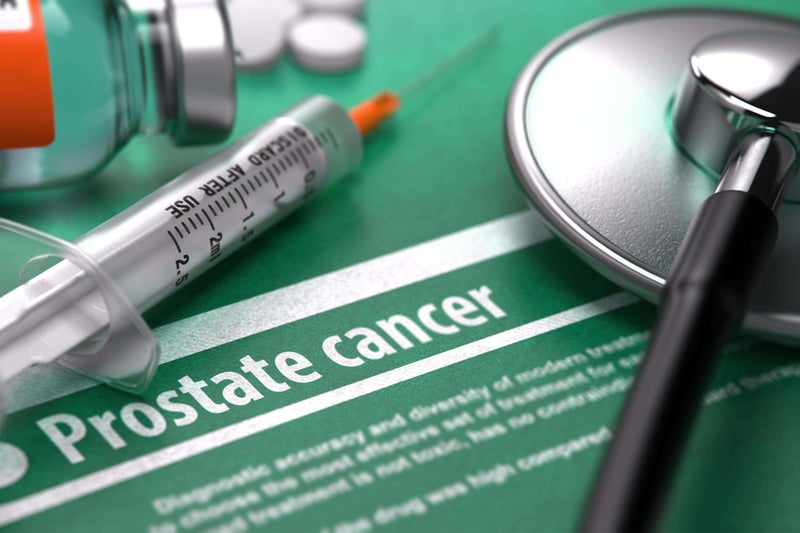I was afraid of one thing after my incurable cancer diagnosis – money
I was afraid of one thing after my incurable cancer diagnosis – money
Share:
On July 2 2024, I was told by an NHS oncologist that I had incurable breast cancer. As I received this life-changing news, I thought about how my family would react, and the treatment I was about to undergo. I didn’t feel scared of the illness – more numbed by the thought of the inevitable upheaval. But there was one thing I was afraid of. How was I going to manage financially?. Depleted funds are a consequence of this disease and I don’t think that is talked about enough. How does a cancer patient manage the cost?.
![[Annie Bennett 5 (Credit AKP Branding)]](https://metro.co.uk/wp-content/uploads/2025/01/SEI_235929261-f8cb.jpg?quality=90&strip=all&w=646)
I first noticed the lump in my breast back in April, the result of a check while I was getting dressed. There was no panic, just a practical decision made to contact my GP. Following an initial consultation there were a significant number of appointments with breast surgeons and oncologists over 10 weeks, as well as scans – many of which meant 40-mile drives. The cost of those trips, around £150, began to hit me hard.
![[Annie Bennett (Credit Vicki Head)]](https://metro.co.uk/wp-content/uploads/2025/01/SEI_235929272-8734-e1736861963235.jpg?quality=90&strip=all&w=646)
I’m a baker and, at the time, I had two branches of my business. One was teaching other bakers how to run a business, mainly online, but the other was as a wedding cake maker. My income was around £2,000 a month. But after my diagnosis, hospital visits took at least one day out of each working week, meaning I had to postpone and cancel online training and squeeze cake preparation into fewer days.
![[Annie Bennett 5 (Credit AKP Branding)]](https://metro.co.uk/wp-content/uploads/2025/01/SEI_235929169-2383.jpg?quality=90&strip=all&w=646)
No sick pay and time away from the business for hospital visits meant more lost income – not to mention, the days when I’d be unwell and unable to work. I have a small teaching pension that covers the cost of my mortgage and council tax, but that means I’m not eligible for benefits. This also means I can’t claim the cost of hospital travel, or apply for a PIP. But there was another issue. The thing with wedding cakes is that they are often booked at least a year in advance – sometimes two years or more.
It soon became apparent, due to the prognosis of a limited life expectancy, that taking bookings years in advance wasn’t going to be viable. That was devastating. Even though the oncologist had given me hope that I would live for a number of years, there was no guarantee that my health wouldn’t start failing sooner, meaning that any wedding bookings would need to be cancelled and refunded – an added stress that I wasn’t prepared to accommodate.
So, over the summer months of 2024, while I was undergoing all the initial post-diagnosis checks and starting treatment, I had to make plans to close my business. That meant an almost immediate loss of income, losing up to £1,000 a month. Once my initial round of tests, scans and results appointments finished, and I had my final diagnosis and the routines kicked in, things got slightly better. My hospital trust gives free parking to cancer patients, for example. This was a significant saving as, during July, August and September, I had to make at least six visits a month to the hospital and that saved me £100.
Free prescriptions also saved about £20 a time. But despite these helpful ways to cut costs, I still couldn’t just do without what I’d been earning before – so I decided to change my business structure. I needed to create income streams that didn’t rely on my being 100% well on any given day; and I realised that, while a wedding day can’t be delayed, a training session can be. Teaching bakers how to run a business now needed to become my main source of income.
You can find out more about Annie’s charity, The Chronicles of Hope, here. I had to create a plan… quickly. I’m not afraid to ask for help, so I reached out to my business friends and they helped me with strategy. And it worked. My previous training income of around £600 went up to £1,500 in October and £2,000 in November, with it rising still more over the next few months. In the time that has passed since my diagnosis, I’ve been productively getting on with my life. During that time I’ve seen the loss of one business, but the growth of another, which I love just as much.
My plans are now to pay off my mortgage in the next two years. But I can’t help but wonder how many lives affected by cancer would be made that bit more manageable if financial support was offered as a matter of routine. I’m now spending a great deal of my time setting up a Community Interest Company (CIC), which will benefit young adults whose parents are diagnosed with a life limiting illness, and spreading awareness about cancer issues.
And my advice is simple to anyone who finds themselves affected by cancer and subsequent financial struggles: Visit the Macmillan website for financial advice. They have a simple online form that can point you in the direction of help for your situation, as well as a comprehensive list of resources and links that could help; they even offer advice on the cost of looking after your pets. In the face of life-changing challenges, I’ve learned that, while cancer takes so much, it doesn’t have to take everything.






















